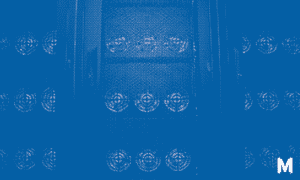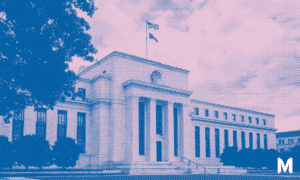On the 1st of August, 2017, a user-activated softfork (UASF) called Segregated Witness (SegWit) marked the end of a long-battle that became known as the blocksize war.
The blocksize war was a battle over bitcoin’s protocol rules. It was fought between two camps: The small blockers and the large blockers. The large blockers pushed for various increases in bitcoin’s block size to include more transactions per block.
Those in the large block camp viewed it as a necessary step to make bitcoin scalable and usable as a money for daily transactions without paying horrendous transaction fees.
The small blockers on the other hand didn’t want a few large players and influential people in the industry to be able to change bitcoin’s protocol rules. If that were possible, who would prevent a small group of people from increasing the total cap of coins one day?
The small blockers argued that the bitcoin protocol functioned more like a settlement layer, and its “token” was a form of hard money exactly because the protocol was set in stone from day one and difficult to change.
The blocksize war was fought between 2015-2017 and eventually led to the activation of the SegWit softfork, a backward-compatible update to bitcoin that slightly increased the blocksize.
The large block camp, after several hardfork proposals and activations including Bitcoin XT, Bitcoin Classic and Bitcoin Unlimited, released a new bitcoin client and mined the first Bitcoin Cash block on August 1st, 2017.
On May 29th, Samson Mow, a vocal small blocker tweeted:
The independence day and the end of the blocksize war marked an important step in bitcoin’s development. The large blockers got their own forked version of bitcoin with their own token, which today is known as Bitcoin Cash.
The small blockers could continue working on bitcoin core and developers began building secondary layers on top of the bitcoin settlement layer such as the Lightning Network.
One of the biggest takeaways of the blocksize war is that changing bitcoin requires support from a majority of full node operators.
If full node operators (anyone can run a full node for cheap) don’t update their bitcoin client and keep running the old version, bitcoin miners, exchanges and influential people can’t “force” bitcoin to change, even if they have certain monopolies, disproportionate influence and a lot of money.




